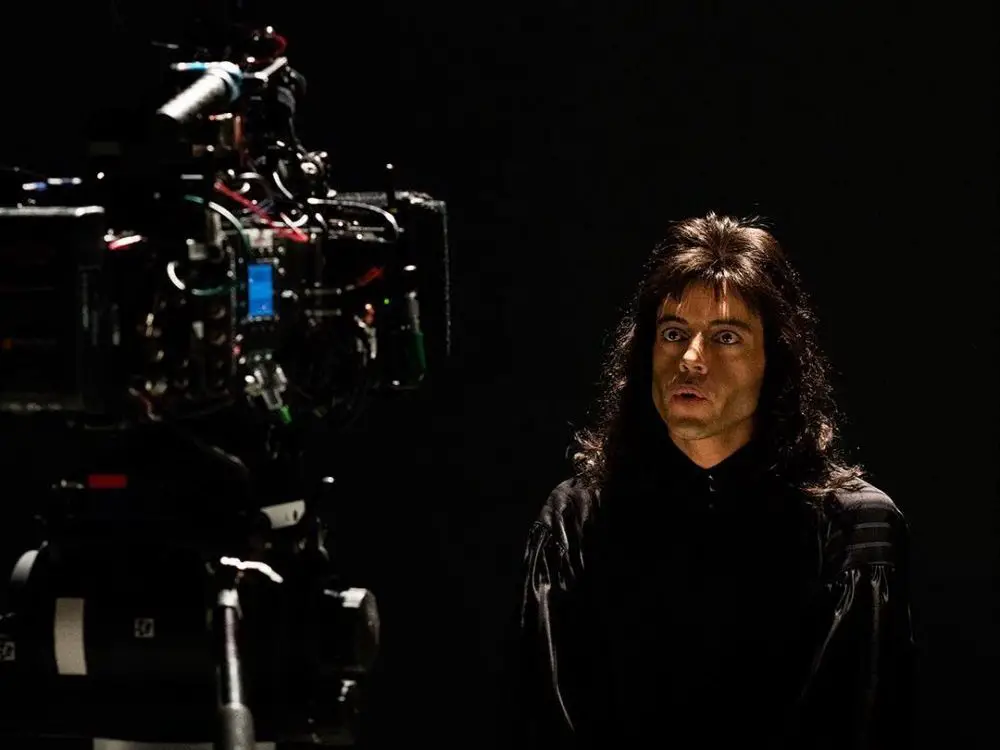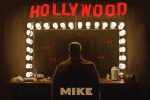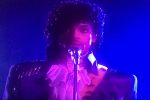Some of the biggest names in music can thank the film industry for helping their catalog’s success. Although it might not seem obvious, the year’s most streamed, bought and overall consumed songs were featured on the big screen at one point between 2018 and 2019. Whether the entertainer was physically featured in the film or simply contributed a track, a few pivotal moments in biopics can make a difference in their profitability.
According to the Nielsen 2019 Mid-Year Music Report, the “biopic effect” on movies was quite large. The largest success stories of music biopics from the past two years include “Bohemian Rhapsody,” “Rocket Man” and “The Dirt” (which premiered exclusively on Netflix).
Other artists that found musical success through non-biographical film features include Beyoncé with “HOMECOMING,” Lady Gaga and Bradley Cooper’s “Shallow” single in “A Star Is Born,” Aretha Franklin’s music after the release of her “Amazing Grace” documentary and (rather disappointingly) even Michael Jackson and R. Kelly’s music after Lifetime’s premiere of the “Surviving” docu-film series.
Whether it’s through reaffirming their cultural relevance or adding a new revenue stream besides touring and songwriting, many artists realize these predominantly nonfictional films are a phenomenal way to boost their income. In the streaming age, it almost gives artists a chance to manage who is exposed to their music.
How are the two related? All right, so here’s some brief music history. Streaming solved a conundrum that caused many music executives to fear for their jobs. Although it’s a semi-popular belief that streaming changed the industry for the worse, it actually saved it. The early ‘00s were an unfortunate time, and similar to the widespread media downsizing in recent years, music labels were laying people off by the hundreds.
It was a risky affair and artists like Rihanna or Eminem stood out like a sore thumb. The ability to sell millions of albums while people were stressed over a possible industry recession was no small feat. That’s because people who would otherwise purchase albums were illegally downloading on sites like LimeWire, all thanks to the power of the internet.
It was a complete 180 from the prosperous careers many expected and had grown used to. Until the streaming revolution came on to the scene in 2008 with Spotify’s inception. Although streaming wasn’t an alternative to music purchasing until the mid-2010s, it presented the perfect opportunity to persuade people into actually spending money on all their favorite artists again. However, this time they’d only pay the price of an album but receive a limitless library of music.
Going back to biopics, a single, an album and an EP is released every single day. It’s shared by any given artist and we’re never completely sure what we’ll stumble upon after the search results. Through intentionally pitching your music for different biopics and films — as each film appeals to different collectives of people — an artist is able to guide who’s exposed to their catalog. It’s a re-sketched and subliminal marketing tactic.
In other words, musical biopics or even regular films provide a new form of airplay. Especially when music becomes antiquated by societal or industry standards, the drama and artistry portrayed in successful biographical films can spark interest in “who they were.” Perhaps, it’s a part of the mentality that if you were that huge, you deserve a movie and will have one released eventually.
For example, in terms of biopics “Bohemian Rhapsody” was the largest success story to date. It was pitched as “a display cabinet to introduce the songs to a new audience” for new generations of music lovers. Seeing how the success of movies released afterward like “Rocket Man” were nearly equal to that of Queen’s depiction, it became obvious this was a new strategy to reinvigorate one’s music today.
By streaming measures, Queen sold more albums year-to-date (YTD) than any other artist by June 2019. The math is pretty much solved by saying 1,250 paid streams are equal to an album, while this is true for 3,750 free streams. Regardless of the ways Queen achieved this, it comes nearly 25 years after the release of their last album. The result also included a 70% increase among listeners under the age of 35.
After “Rocket Man” in mid-2019, Elton John’s saw an 84% increase in listenership. Although it took home $195.2 million in box office sales and John received a significant portion from royalties alone, making the movie rated R may have limited the amount of potential new listeners.
Mötley Crüe’s “The Dirt” biopic followed its own model and launched only on Netflix. Although it might seem chancy compared to the promotion leading up to a film meant for theaters, the New Releases section is one of the first categories of movies and/or shows to watch on the platform. Within the first week of release, the band’s catalog had a 683% spike in streams and overall consumption. In total, it raked in over 30.4 million on-demand streams.
Taking it back to 2015, the “Straight Outta Compton” biopic helped increase N.W.A.’s catalog. The group made a new appearance on the Billboard Hot 100 chart with lead single “Straight Outta Compton” from the 1988 album of the same name. Over 25 years after its initial release, the track climbed its way up to No. 38 less than a month after the movie premiered. “Straight Outta Compton” also saw over 35,000 album downloads and 5.7 million domestic streams less than a week after the biopic came to theaters.
Dr. Dre also received a spike in sales. Dre released his first album in 16 years the same week “Straight Outta Compton” was issued in theaters. Titled “Compton,” the album sold 286,000 units in its first week, another enormous win considering the number of streams necessary to equate one unit. Although it was inspired by the biopic, it was not the official soundtrack and had half a million units sold by the beginning of 2016.
As mentioned before, the effect was also captured in non-biographical films.
Lady Gaga and Bradley Cooper’s “Shallow” single from “A Star Is Born” broke the chart at No. 1 for 45 consecutive weeks. The entire soundtrack also leaped to the top of the Billboard Hot 200, and eventually settled cozily at No. 3. After a boost from the Oscars, the song received over 684,000 actual downloads and 316 million streams YTD. It currently stands as Gaga’s longest-running No. 1.
Next up, the Queen Bey herself. After another surprise release, Beyoncé once again produced a chart-topping album with the “HOMECOMING” soundtrack. A total of 38,000 units were sold after only a couple of weeks after it was made available to watch.
The list also continues with the “Surviving” docu-films, which Nielsen’s data also shows resulted in a 41% stream-surge of Michael Jackson’s catalog while R. Kelly’s streams increased by 13%.
Aretha Franklin’s streaming also rose 16% following her concert documentary “Gospel Greats” compilation.
Movies and music have always gone hand-in-hand. However, the synergy often works in a films’ favor by building the momentum to pivotal moments or emphasizing the ambiance. Numbers are communicating the opposite and rightfully so, as these films are all centered around the musician, entertainment or simply the music itself.
















